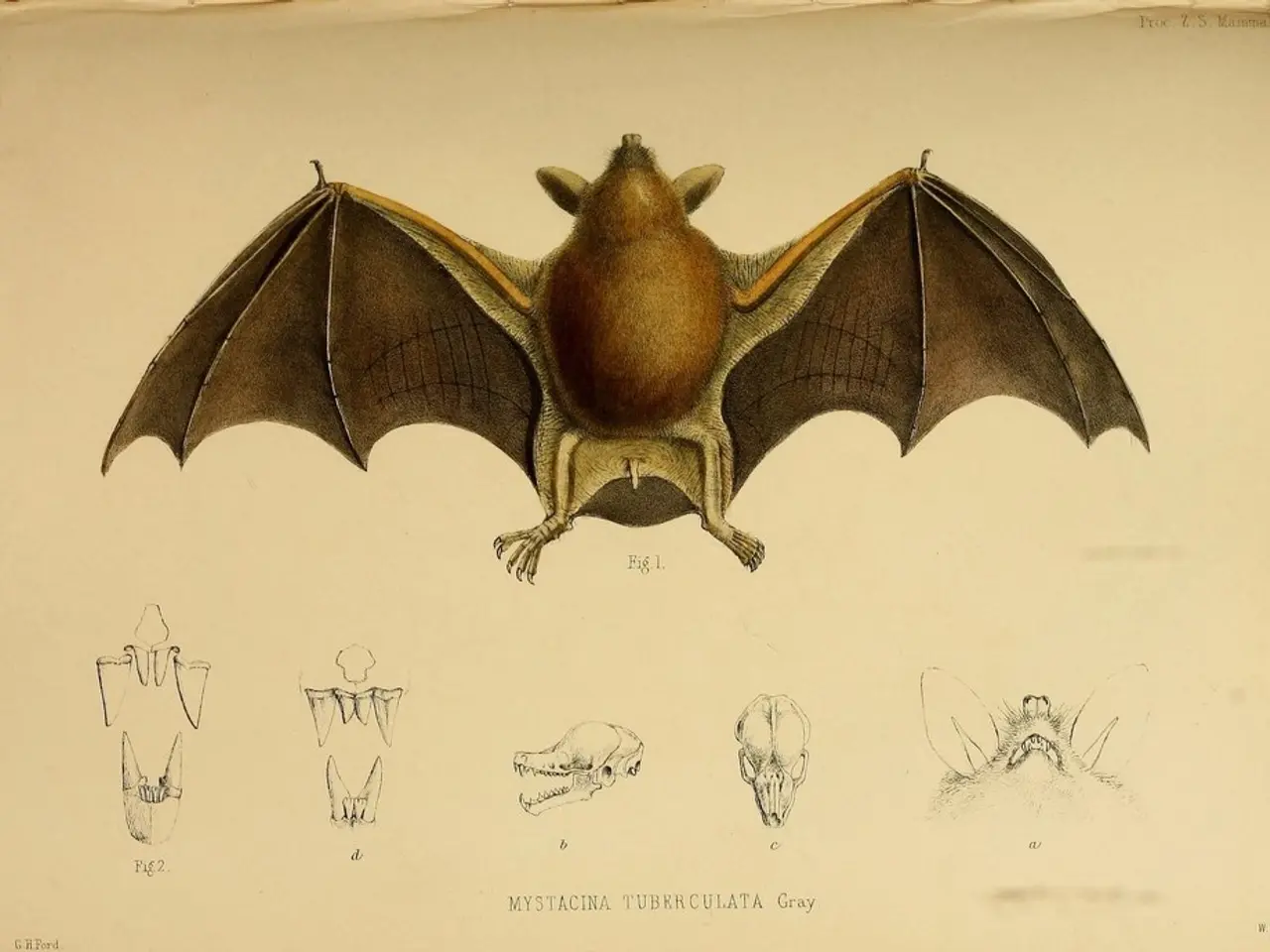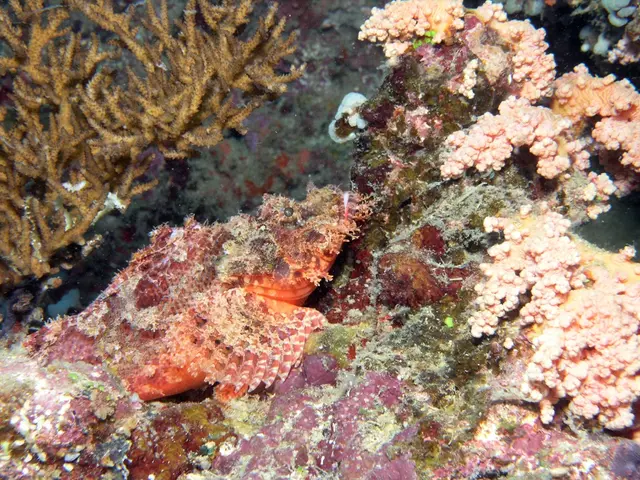Exxon Mobil's groundbreaking development in electric vehicle batteries reshapes the energy industry landscape
ExxonMobil, the multinational oil and gas company, is making waves in the electric vehicle (EV) industry with its latest innovation - synthetic graphite. This groundbreaking material could revolutionise EV batteries and reshape the future of EV ownership.
Exxon's synthetic graphite boasts a precisely engineered molecular architecture, differing significantly from traditional graphite in source, structure, performance, manufacturing, and consistency. This unique design addresses various challenges, such as extended battery lifespan, improved charging speed, increased driving range, and greater durability.
One of the most significant advantages of Exxon's synthetic graphite is its potential to lower lifetime ownership costs. By providing batteries that last longer, requiring fewer replacements over a vehicle's lifetime, Exxon's innovation could mean savings for consumers.
Exxon's battery strategy extends beyond graphite. The company is also developing thermal management fluids, lightweight structural materials, and battery recycling technologies. These initiatives aim to provide a comprehensive approach to addressing critical EV battery challenges.
The company's push into EV battery materials is a strategic pivot, hedging against declining fossil fuel demand and capitalising on regulatory trends. Exxon aims to supply materials for more than 1 million EVs annually by 2030, positioning itself as a major supplier to battery manufacturers worldwide.
Exxon's synthetic graphite production is projected to begin in 2029, while lithium production plans target production beginning in 2027. These new domestic sources for critical materials could provide a significant boost to the U.S. EV industry.
Moreover, Exxon's synthetic graphite could potentially extend vehicle range by 30%. This advancement could make EVs more appealing to consumers who are concerned about range anxiety.
Exxon's entry into battery materials could reshape supply chains, reducing dependence on imported graphite, particularly Chinese production. The mining industry evolution continues, with such innovations becoming increasingly important for sustainable resource utilization.
Dr. M. Stanley Whittingham, who conducted pioneering research on lithium-ion batteries while working at Exxon laboratories in the 1970s, won a share of the 2019 Nobel Prize in Chemistry. This historical connection and technical foundation provide a strong basis for Exxon's current battery initiatives.
Battery recycling breakthrough innovations are gaining attention across the industry. Exxon's focus on battery recycling technologies, along with its synthetic graphite production, suggests a commitment to a sustainable and circular economy for EV batteries.
In conclusion, ExxonMobil's synthetic graphite innovation and lithium production plans represent a comprehensive approach to addressing critical EV battery challenges. This strategic pivot could position Exxon as a major player in the EV battery market, offering consumers longer-lasting, more efficient, and environmentally friendly battery solutions.
Read also:
- Latest Edition of Bus-News Magazine Arrives for 2023!
- Testing the Camp Mode of the 2025 Tesla Model Y with Juniper's interior housing two kids, shockingly low CO2 levels were discovered.
- Demonstrating Carbon Storage in Agricultural Forestry through Digital Monitoring and Verification
- Updated advice for enhancing zero-emission bus (ZEB) resilience from the Center for Transportation and the Environment (CTE)








